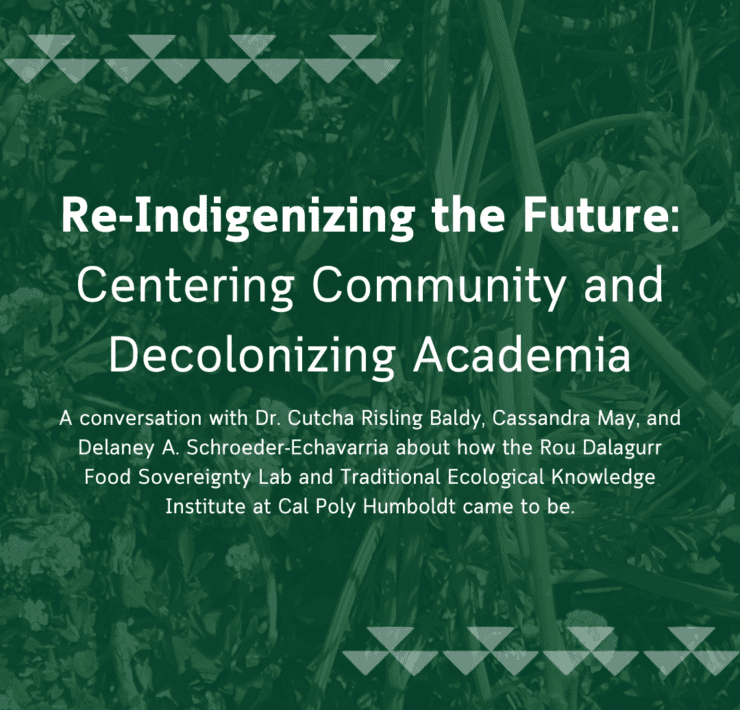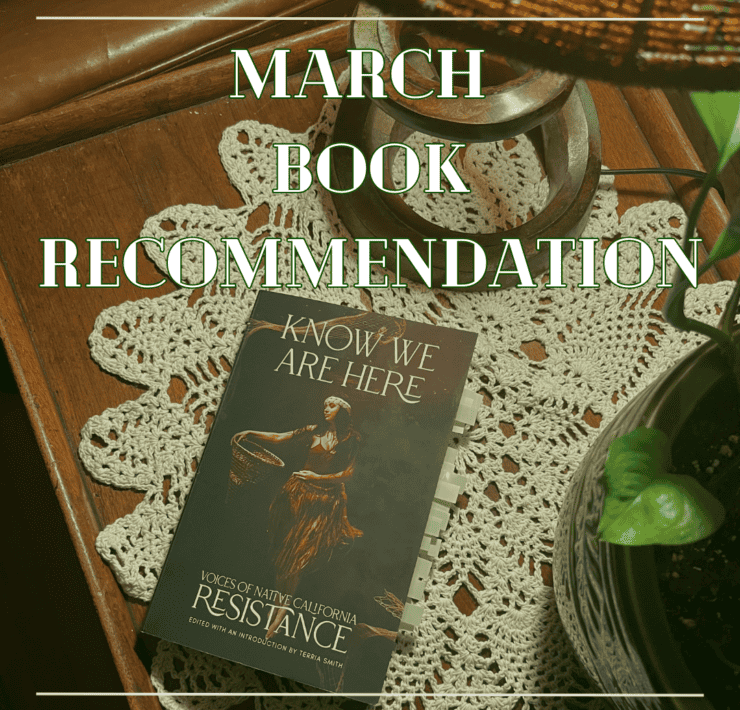
Introducing the Huwighurruk Tribal Health Post Baccalaureate Program
By Jeanne Ferris
Nature is medicine and Tribal peoples in California have used herbs and plants to heal maladies since time immemorial. Honoring California tribes’ deep connection to nature and their profound cultural heritage is a cornerstone of the Huwighurruk (hee-way-gou-duck) Tribal Health Post Baccalaureate Program.
“In the Wiyot language, huwighurruk means plants, grass, leaves, and medicine.”—Cal Poly Humboldt
Cal Poly Humboldt and UC Davis School of Medicine have launched the inaugural Huwighurruk as a post baccalaureate pathway program to support Native scholars anticipating a medical career.
As stated officially, “Our mission is to successfully recruit, retain, and train prospective medical students immersed in a culturally focused framework intertwined with science courses at Cal Poly Humboldt.”
“This is an opportunity for folks who want to pivot from another career path, or continuing on in the field of medicine, or have decided to return to school in advanced studies,” Dr. Cutcha Risling Baldy (Hupa, Yurok, Karuk) said.
Dr. Baldy is an Associate Professor and served as Department Chair of Native American Studies at Cal Poly Humboldt from 2021-2023. Her published research focuses on Indigenous feminism, California Indians, Environmental Justice, and Decolonization.
She and Antionette Martinez, MD (Chumash) co-founded Huwighurruk.
Dr. Martinez serves on the board of directors for the Association of American Indian Physicians (AAIP). All of the AAIP board directors are practicing physicians and of tribal heritage or enrolled tribal members.
(The AAIP campaign for membership is open and has about 450 active notable members across the US with medical expertise encompassing a variety of specialties.)
In addition, Dr. Martinez is the co-director of the University of California Davis School of Medicine Tribal Health PRIME (Programs in Medical Education).
“This program is a growth of her vision,” Dr. Baldy said. “We need good doctors, especially Indigenous peoples with an interest in serving American Indian or Alaska Native tribes and communities in both rural and urban areas. We want to demystify the [application] process.”
The unstoppable Dr. Martinez is also a physician at United Indian Health Services (UIHS), Inc., and provides family medicine and obstetrics services.
UIHS offers primary care to numerous Indigenous tribes within Humboldt and Del Norte counties, including the Yurok, Wiyot, Tolowa, Karuk, Hupa, and many others.
Dr. Martinez precepts numerous medical students and Family Medicine residents and serves on the California Medical Association’s JEDI (Justice, Equity, Diversity, and Inclusion) committee, as stated on her website.
A practicing physician for about twenty years, Dr. Martinez graciously shared her experiences as a pre-med student via email communication:
It must have been even harder than today as a California Native American woman studying to become a physician.
What challenges did you overcome? How would Huwighurruk have helped you?
Yes, it was difficult at times, especially as a single parent trying to map my way to medical school. I would not say it was more difficult than today. Medical school and residency is challenging overall. The medical school I chose was excellent for supporting Native students, and there are no regrets.
I believe it was that experience, at the University of North Dakota, that validated the importance of a supportive environment for students. We had to study hard, pass tests and clinical rotations. Some students did not make it through.
Yet the school supported students rather than creating a hostile environment. That hostile environment can take the form of racism, bias, and micro/macro aggressions.
There still are learning environments where this occurs. Our intent for Huwighurruk is to grow, strengthen, and support Native students as they work to become outstanding physicians.
Program Highlights
After completing the FAFSA, the Huwighurruk program covers educational fees (tuition) as listed on Cal Poly Humboldt’s Tuition and Cost website: https://www.humboldt.edu/cost
Eligible students, especially those focused on the MCAT preparation, will receive a stipend to offset living and program costs.
(The Medical College Admission Test® (MCAT®) is a standardized, multiple-choice, computer-based test that has been part of the medical school admissions process for over 90 years. Each year, more than 85,000 students take the exam.)
Huwighurruk provides on-campus housing upon availability. For those housing off-campus, the program can assist with supportive resources.
For prospective pre-med students accepted into UC Davis School of Medicine and the Tribal Health PRIME Pathway, the following conditions include:
- Completion of the Huwighurruk program with a 3.7 GPA or higher during the program.
- An MCAT score of 499 or higher.
- Completion of UC Davis School of Medicine prerequisite courses.
- A letter of completion and recommendation from the Huwighurruk program director(s) outlining academic readiness for the rigor of medical school are also needed.
A cohort of approved applicants begins in the fall semester of 2024.
For prospective Native students, this is a specifically tailored opportunity to receive guidance and mentorship, which often, the responsibility falls entirely on one student.
Generous with her time, Dr. Martinez answered a few more questions regarding Huwighhurrak.
For people from disadvantaged backgrounds who have to work to support themselves or who don’t have as much money to afford prep resources, does “recruit, retain, and train prospective medical students” include this financial assistance?
Our program will assist with the costs of preparing for medical school, something that is not often available for students. Each selected student will receive a stipend, which can help with living expenses and housing, allowing them to focus on studying and coursework.
This opportunity is rare for students who do not have the privilege of wealth. In addition, by covering the costs of preparing for the MCAT, students have support and assistance, which is often needed.
The other “asks” of medical students (e.g., community service, volunteering hours, leadership roles) all take time. Is Huwighurruk tailored to assist and fulfill these “asks”?
Students will be allowed community and science-based research and volunteer and service work opportunities. Given that their time will be limited, we will evaluate what is needed to strengthen their medical school application and seek to maximize their efforts in these areas. For example, maybe the student has not followed a physician in the clinic.
We would emphasize more clinical exposure and work in a tribal health clinic. They may have had this experience but needed more research work. Then, we would seek opportunities for them to gain more experience here.
What kind of resources will Huwighurruk provide that are different from other programs to overcome disparities in cost barriers for tutoring, all the various prep books, and the test itself, which can add up to thousands of dollars?
As stated before, there will be assistance with housing, living expenses, tutoring, or other academic assistance, as well as the cost of preparation for the MCAT and technical assistance with improving their personal statement and medical school application.
The intangible supports are just as important as we create a support system that is culturally congruent with Tribal ways and stresses the importance of connection.
Education on Native history and practices will be discussed as we focus on changing the framework of health disparities to more strength-based work to improve health.
Tribal communities survived for thousands of years before colonization. Acknowledging these strengths and seeking more public health approaches that utilize Western medicine’s benefits can truly help our nations.
The MCAT changed its design approximately eight years ago. Have the changes contributed to or exacerbated inequities in test prep?
[Since it has been more than 20 years since she took the MCAT, Dr. Martinez deferred to Charlene Green, PsyD, Assistant Dean of Admissions, Outreach, and Diversity, University of California, Davis, School of Medicine who responded below.]There are always inequities with standardized tests and access to resources to optimize an individual’s performance. [These reasons] are why our program provides these resources that not only help with the MCAT but enhance study skills and knowledge retention for the many future standardized tests our future physicians will encounter.
Recent pre-med students who successfully graduated reported a controversial new emphasis on being able to read papers and synthesize information from research abstracts, as well as a new focus on psychology for a whole section.
Will Huwighurruk address these inequities?
Our goal is to create success for those seeking to become doctors while working within the system.
We need more Native doctors, especially those who understand our communities. Programs such as ours seek to help students succeed and meet the requirements for admission to medical school.
Ultimately, our goal is to help students successfully become physicians. Within this work, we also wish to strengthen their knowledge of cultural frameworks and health disparities to create change and improve the health of our communities and families.
Format of the MCAT Exam
[Respectfully borrowed from Ken Tao, PhD, Director of MCAT]The exam is divided into four main sections that make up 230 total questions. Those sections are:
- Chemical and Physical Foundations of Biological Systems
- Critical Analysis and Reasoning Skills
- Biological and Biochemical Foundations of Living Systems
- Psychological, Social, and Biological Foundations of Behavior
Through the MCAT, you will need to display the following four qualities of a med school student:
- In-depth knowledge of scientific concepts
- Problem-solving and reasoning skills
- Capacity to design and execute research
- Comprehension of statistical and data-based findings
Question formats are either “passage-based” or “discrete.”
- Passage-based questions are associated with a passage of text that may introduce new information or situations you’ve learned about before. These questions can be difficult because they require you to apply your knowledge of the science content to the passage information to figure out the correct answer.
- Discrete questions are standalone questions that are not associated with a passage. These questions are typically easier because they test if you have memorized science content (e.g., what hormones are secreted by the pancreas).
The exam requires approximately six hours of concentration.
Indian Health Services
Despite today’s advancements in surgery, mental health, and women’s health studies, there are still gaps in understanding that non-Native medicine can be good medicine.
American Indians’ and Indigenous people’s unique perspective and worldview are crucial in bridging these gaps, especially in Tribal communities.
Equitable representation of Tribal peoples in California and the U.S. remain underrepresented in the physician workforce.
The Lancelet Regional Health, Americas reported data in October, 2023 that, “AI/AN medical students were the only racial group that did not experience an absolute increase in medical school enrollment. According to 2022–2023 data from the Association of American Medical Colleges (AAMC), only 1% of total enrolled medical students self-identified as AI/AN, compared to 2.9% of the 2021 U.S. population.
The underrepresentation of AI/AN individuals is even worse among practicing physicians. According to the 2021 AAMC State Physician Workforce Report, only 4104 (0.4%) active physicians in the U.S. self-identified as AI/AN. If AI/AN representation in the physician workforce matched their proportion in the U.S. population, there would be nearly 30,000 AI/AN physicians today. In the absence of transformative efforts to address this health equity crisis, population parity will never be a reality. Solutions must begin by increasing enrollment of AI/AN medical students.”
Indian Country Needs YOU
Indian Health Services (IHS) comprises civil service, federal employees, and U.S. Public Health Services commissioned officers.
The U.S. Congress funds IHS annually through appropriations. Unlike major health programs like Medicare, IHS funding is determined yearly by a congressional vote.
According to the most recent data, the IHS spends a little over one-third of what the Veterans Health Administration spends per patient and half of what the government spends on health care for federal prisoners.
In other words, with a limited budget and an overworked medical staff, Indian Health Services strives to meet the immediate health needs of Indian Country.
These demands require the dedication of passionate and highly educated AI/AN as healthcare personnel. In a sense, they also serve as Tribal liaisons, health advocates, and informed medical opinions.
The inaugural Huwighurruk program offers an optimistic, ingenious and practical solution to assisting Indian Health Services and helping Tribal communities’ needs in California and the U.S.
Choosing to be at the forefront of a paradigm shift in Indian Health Services is a higher calling requiring immense fortitude. Could this be you?
Applications are currently under review. Please apply at: https://health.ucdavis.edu/diversity/huwighurruk/index.html
Or email: Tribalhealth@ucdavis.edu.







